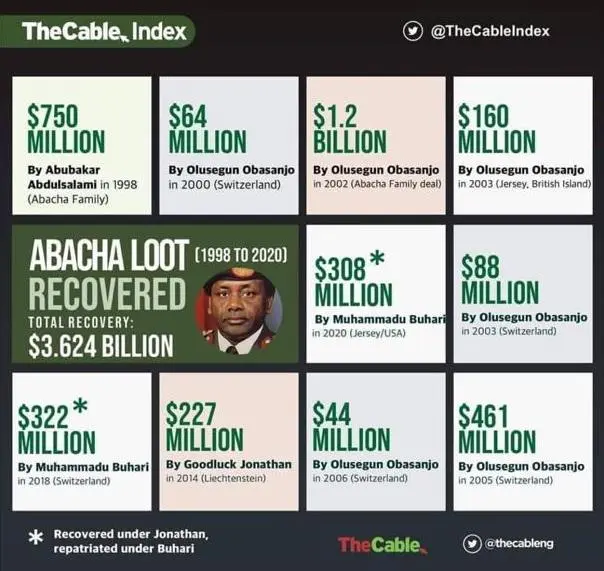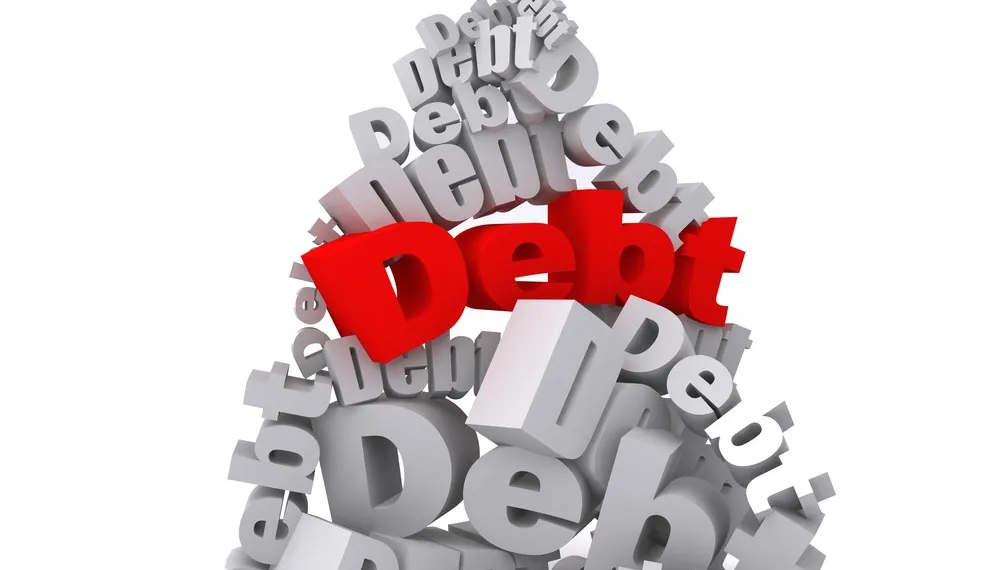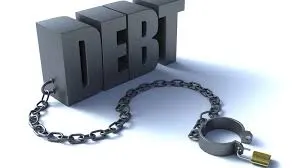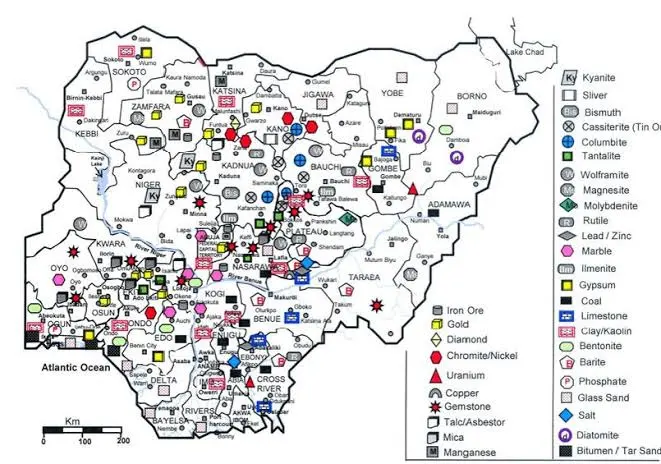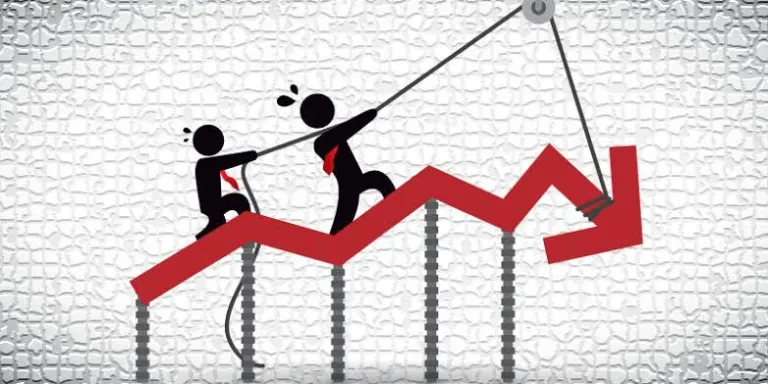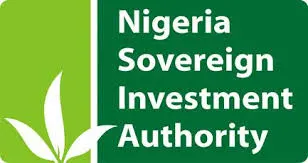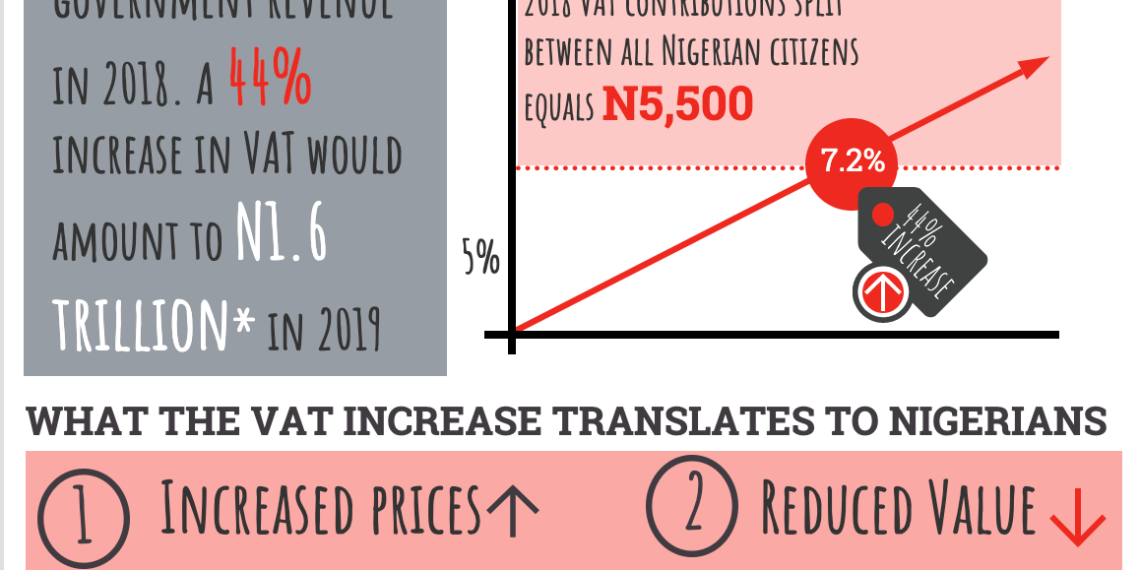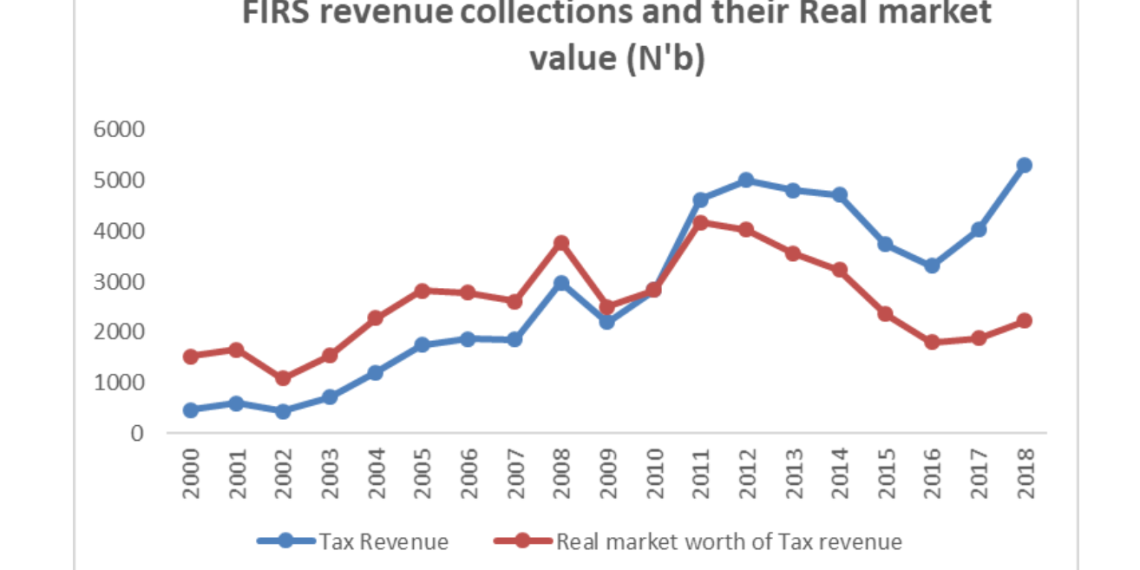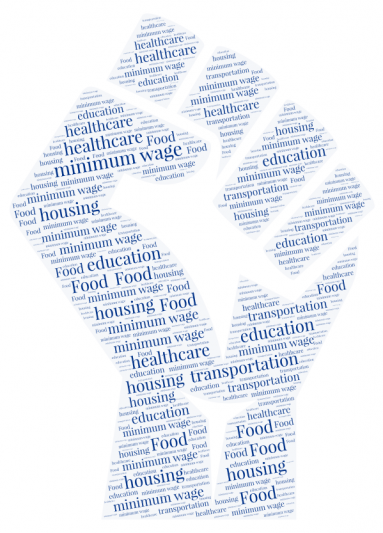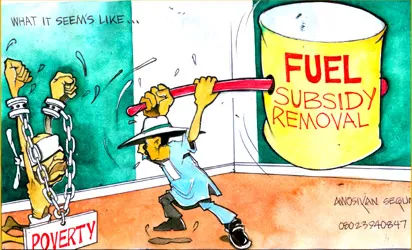
Fuel Subsidy and the 2020 Budget Crisis
The federal government is currently rethinking the 2020 budget to respond to the shocks stemming from ongoing global oil price crisis. The 2020 budget bench-marked crude oil price at $57/b but, as of now, the price is $38, could slide further. The crisis is triggered by the COVID-19 outbreak, which has affected demand from the world’s second-largest economy, China, and, of course, the associated price war by Saudi Arabia and Russia.


